“I am in love with kelp.” Let Tiffany Stephens’ words resonate through your Saturday… and calm your climate anxiety. This video from Noema might show the way toward a new climate creativity around kelp, an abundant form of plant life you might not think much about when you’re not strolling a rocky beach.
Love affairs with kelp aren’t exclusive to cold northern climates. Down here in Santa Monica Bay — as far away from Seagrove Kelp Farm in Doyle Bay, in some ways, sadly, as you can be — there are also those who love kelp. I should know — I am one of them!
Locally, down here in the Santa Monica Bay, our Kelp Forest Restoration Project is a deceptively simple project that has for years been working to shift the subsurface balance of power from purple sea urchins — which humanity has been empowering since 19th-century trappers and furriers exterminated southern California’s sea otters — back to the kelp which is the very basis of the underwater ecosystem. It’s an extraordinarily labor-intensive process, but it’s a labor of love for the divers who often balance hectic urban lives with this rewarding application of their love of the water.
Having worked on a predecessor of that project a decade ago, I never look at Santa Monica’s quiet, sublime sunsets without also seeing-feeling the kelp forests beneath the surface. Once sensitized, you can see-feel the kelp forests swaying and breathing down there, involved as they are in an existential struggle for a system of life that mirrors that of the forests on land. They’re also an elegant, and fluid analog of their beauty.
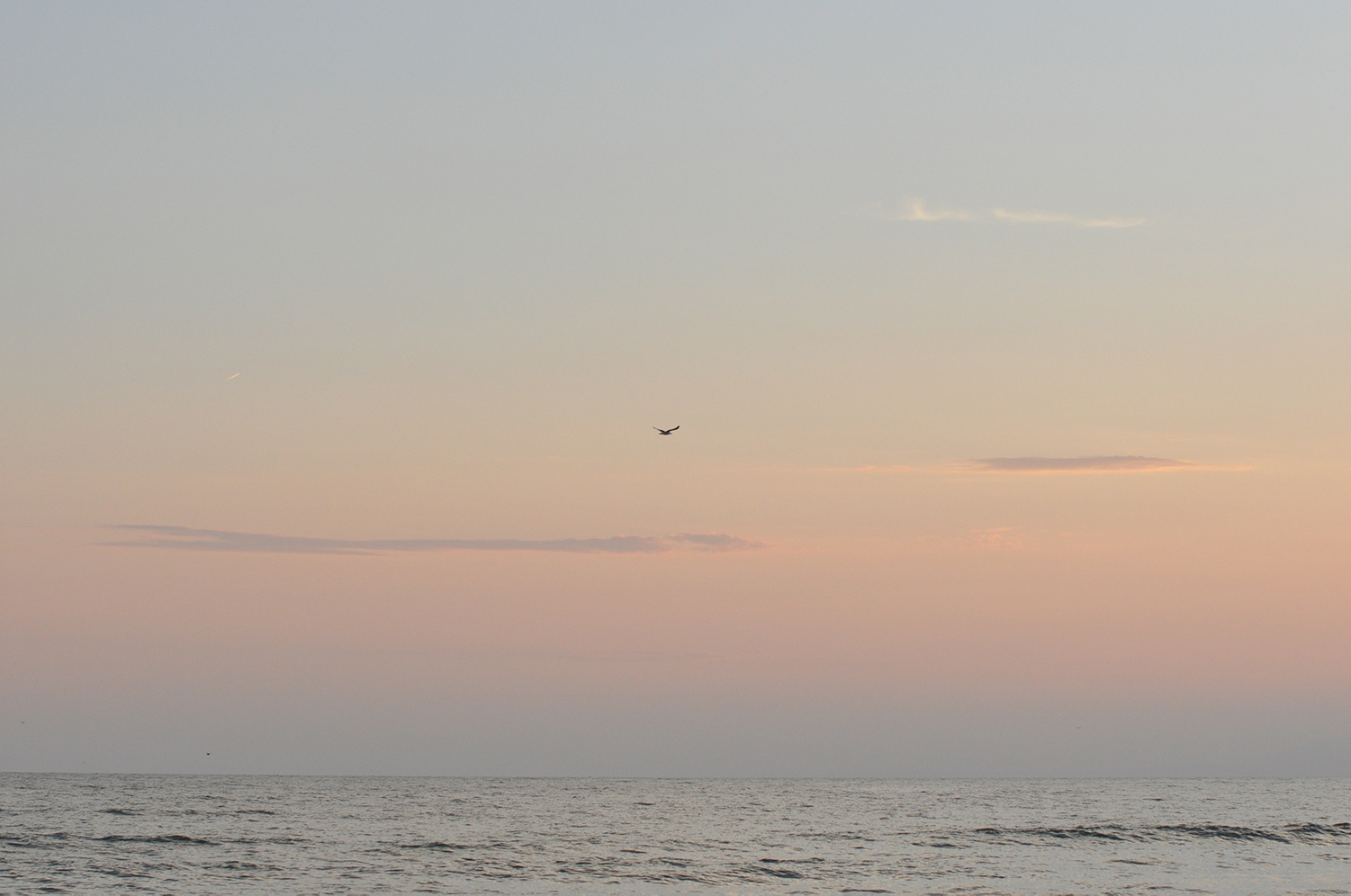
Pictures of sunsets, but also of kelp, and of people not necessarily knowing they’re also seeing-feeling kelp.
As someone who’s also lived and worked in and loved Alaska, it’s easy to cringe at the proposed introduction of another extractive industry there. It’s easy for all of us with chronic existential extraction fatigue to reflexively despise any new industry encroaching anywhere, on anything, not least of all on the earth’s wildest and most untrampled lands.
But… kelp is amazing. And, referring back to the above video, it’s hard not to be seduced by the marginal impact of those boats gently farming cultivated kelp (which will be further reduced through this decade as electric boat engines proliferate).
“This is an optimistic space for me because I see it as a replacement, as a substitute, for things that are more destructive,” says Stephens, and she lists just a few ways kelp can help reduce the impact of human life on earth. These aren’t just, as we might imagine, boutique things like sushi or cosmetics, but also workaday products like plastic replacements or concrete polymers.
Could a kelp industry, scaled to meet its potential, have less of an impact than oil extraction, for instance, or other industries whose lobbyists work so hard to protect them from those who would balance human appetites against preservation of the water and land?
Zero-impact industries are the creativity we need to see.

We admittedly don’t know any active truck drivers, but it seems like some of them might willingly trade this sunset for one from a dive boat, after a satisfying day restoring kelp beds, and with a promise of an evening at a seaside bar. All things considered, we would too.
Finally, as robots take the wheel from the hundreds of thousands of truck drivers and cab drivers who are only the next in line to lose their jobs and ways of life, the next collective creativity we need to deploy is how to shift all the potential energy of surplus human labor to things like kelp bed restoration or kelp farming.
Market forces might bring the kelp to market, just as they brought trees to market. But since market forces demonstrably do not result in stronger forests of any kind, what forces can we use to connect labor to the larger existential, climate-surrounded goal, which is nothing less than forests that are as strong as they were before we started using them as our pantry, on the one hand, and began killing the otters on the other.
Those forces are the new creativity we need to see.
An easy first step to help take us there: get in love with kelp.
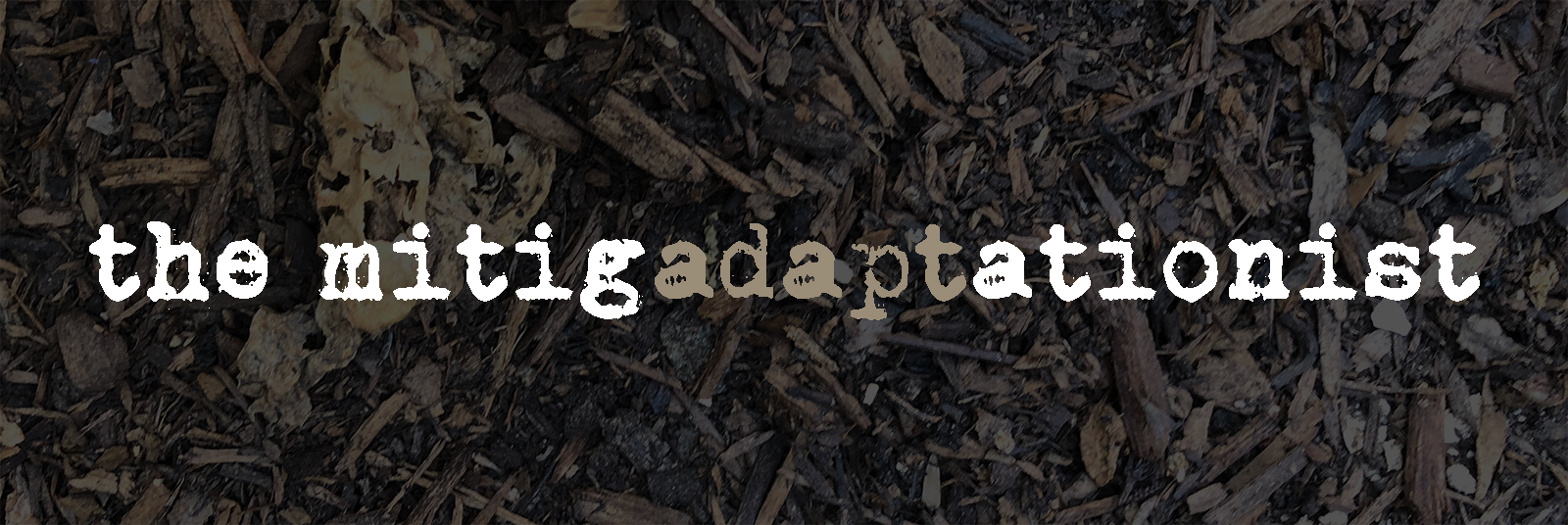
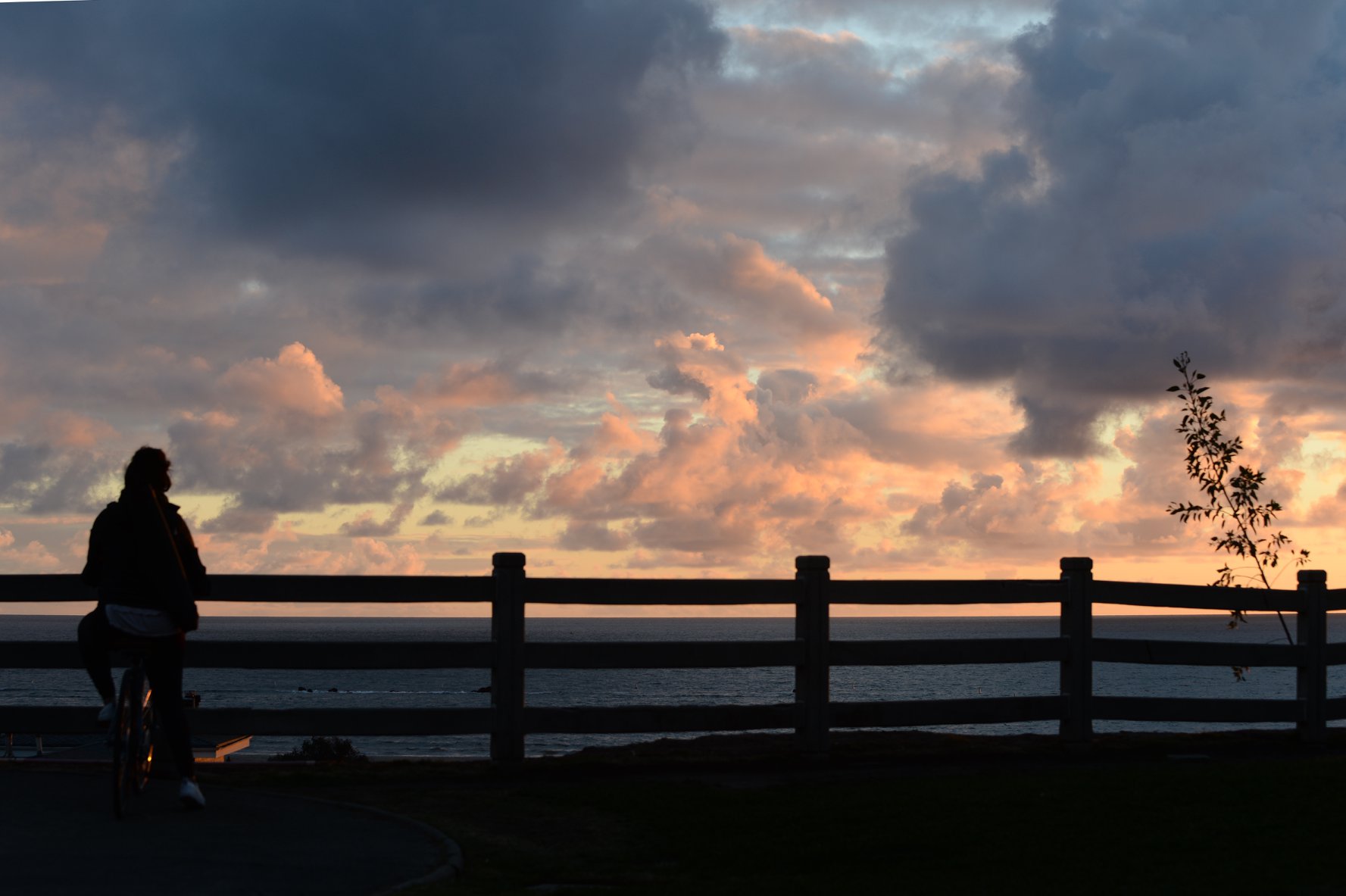
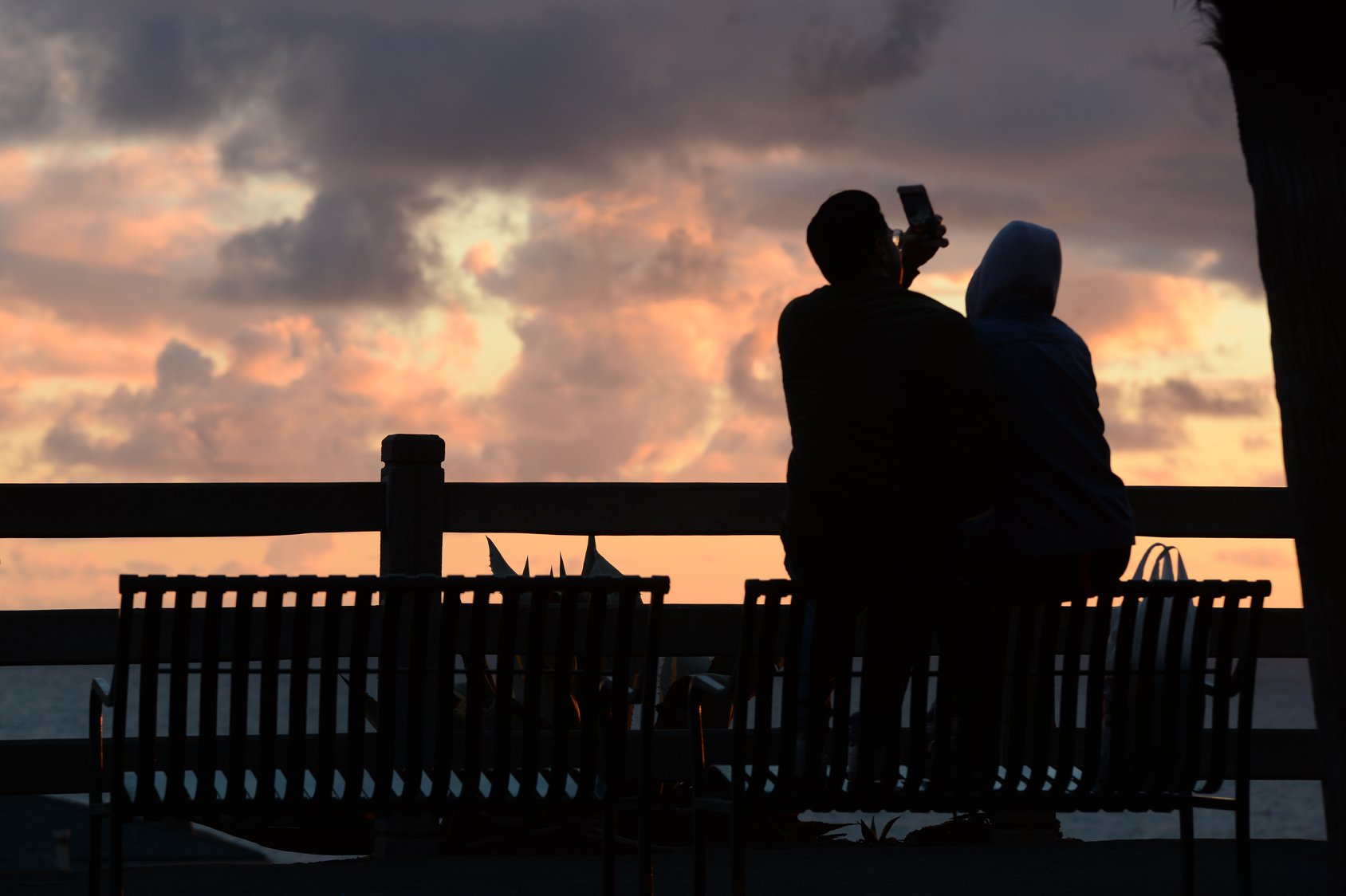
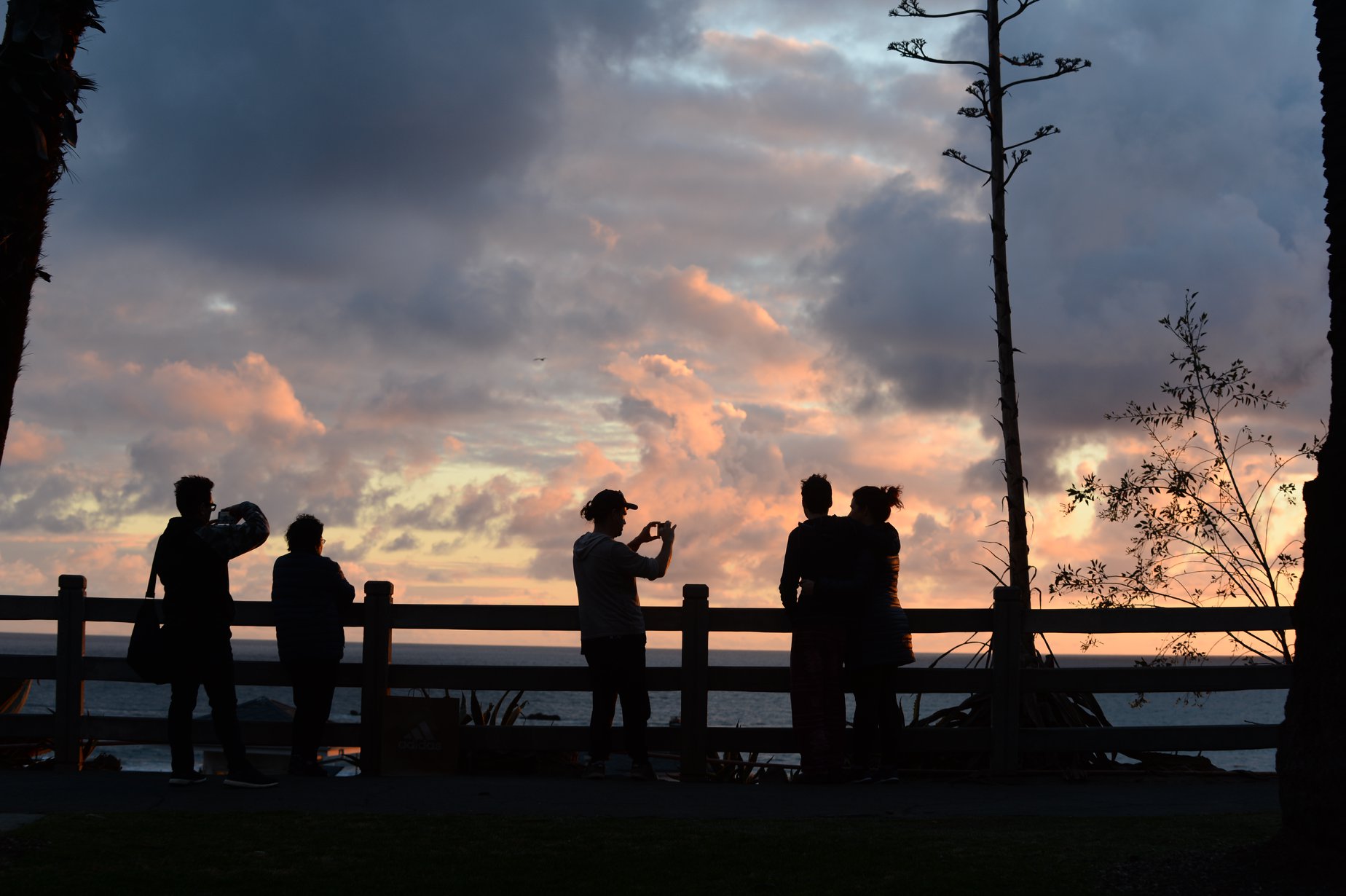
0 Comments